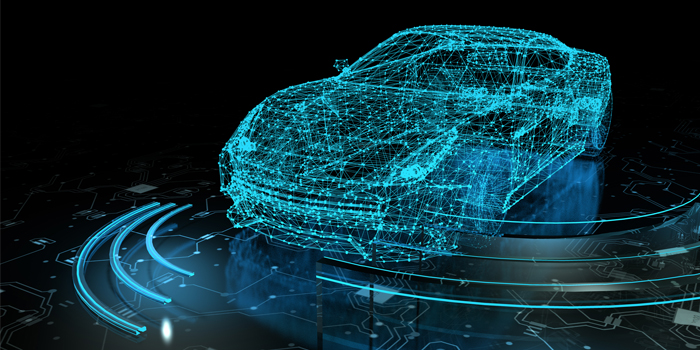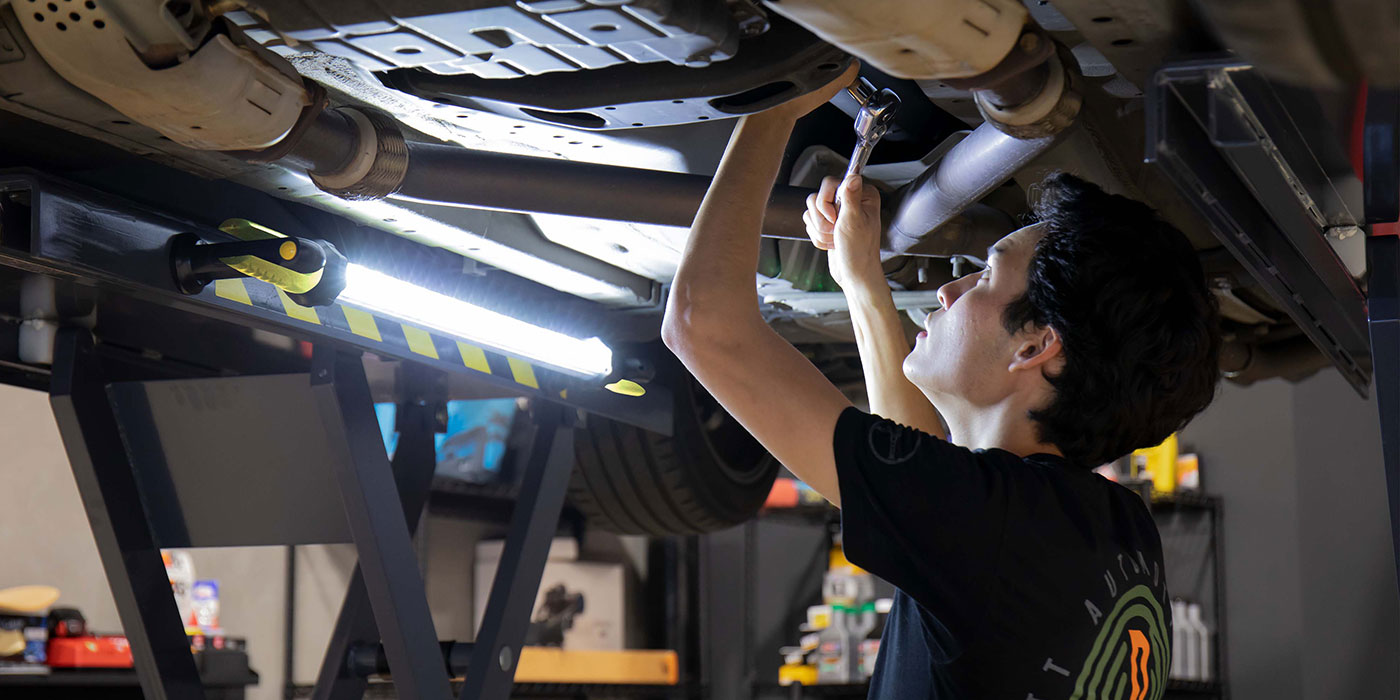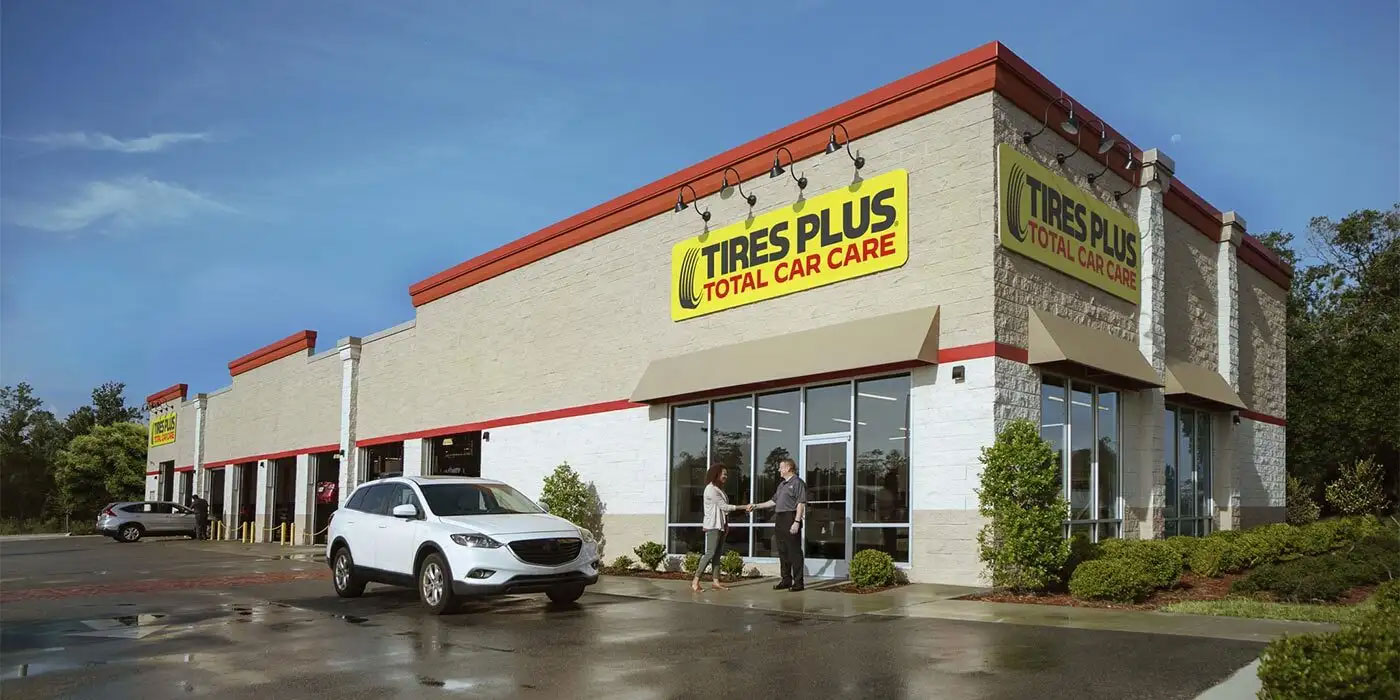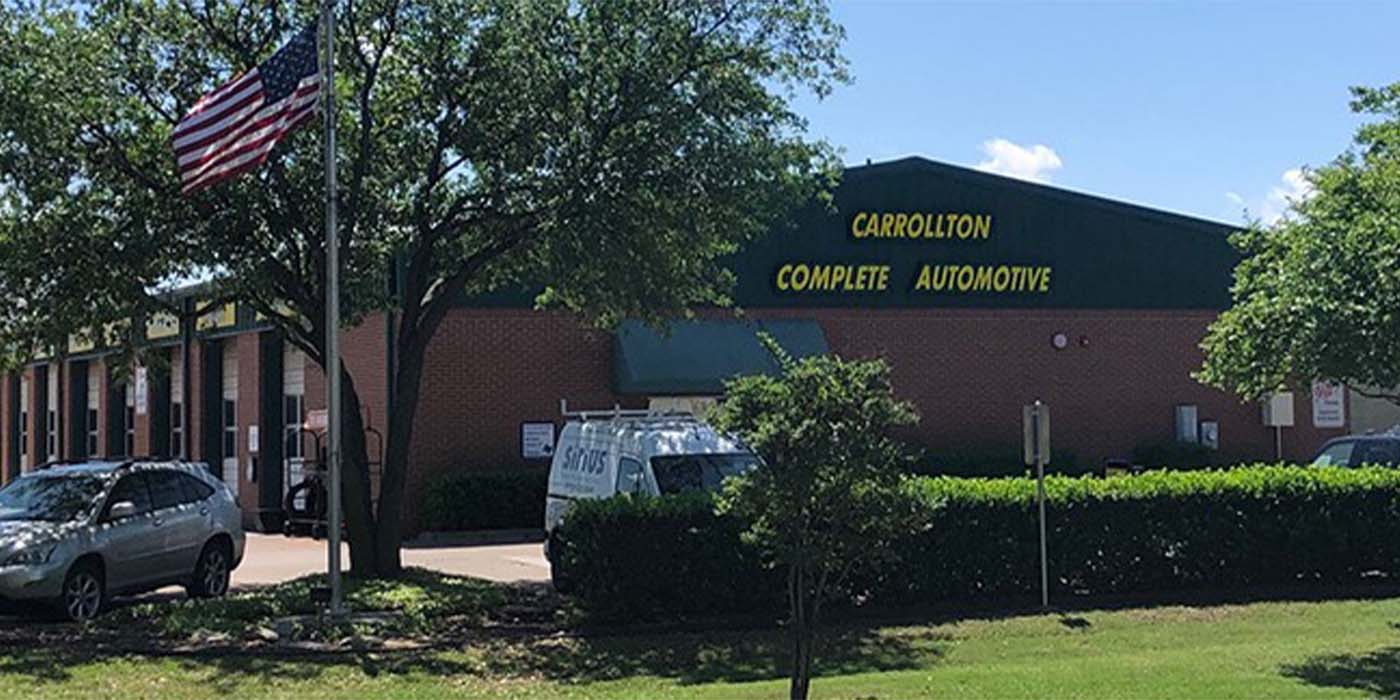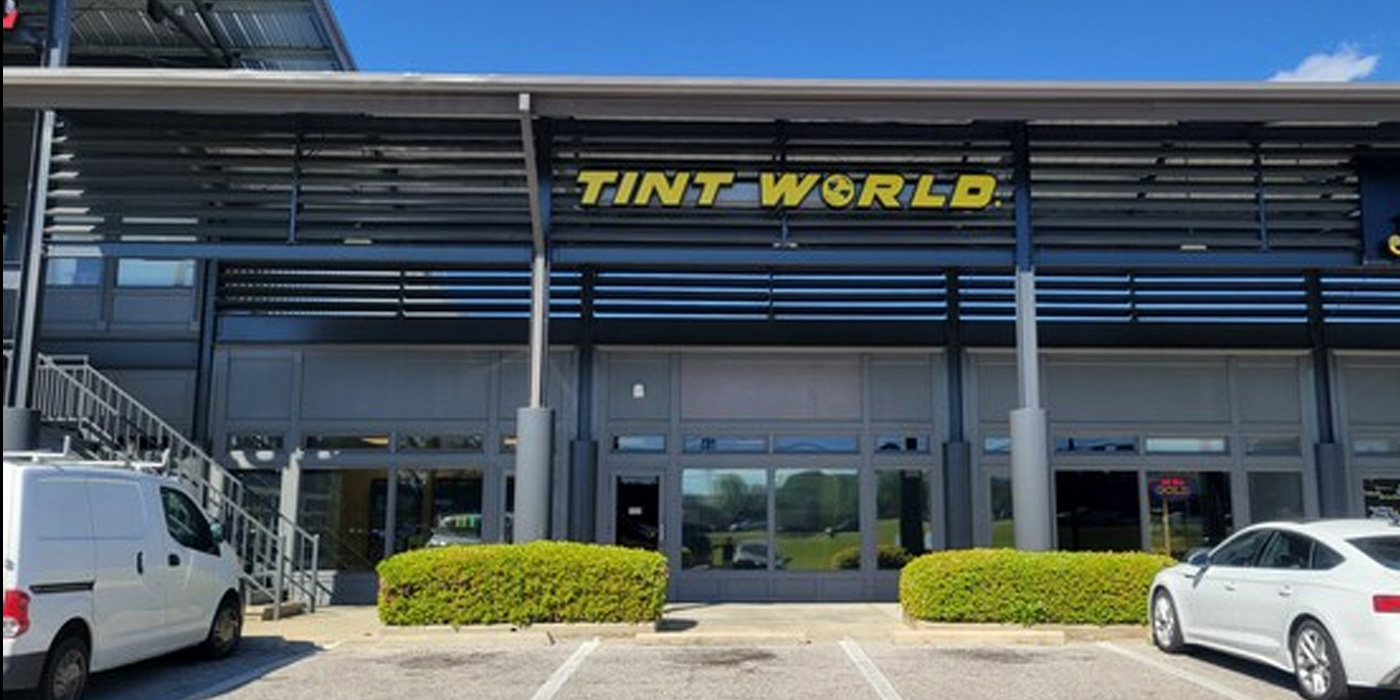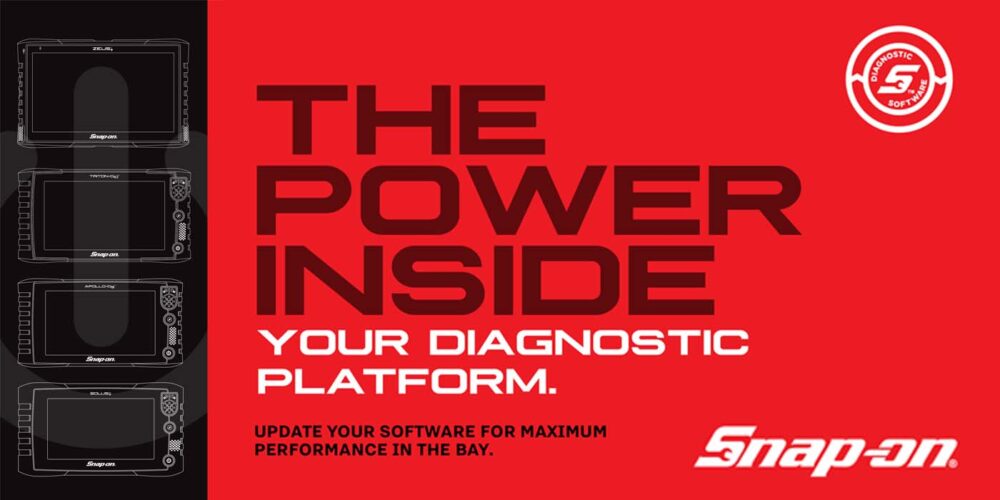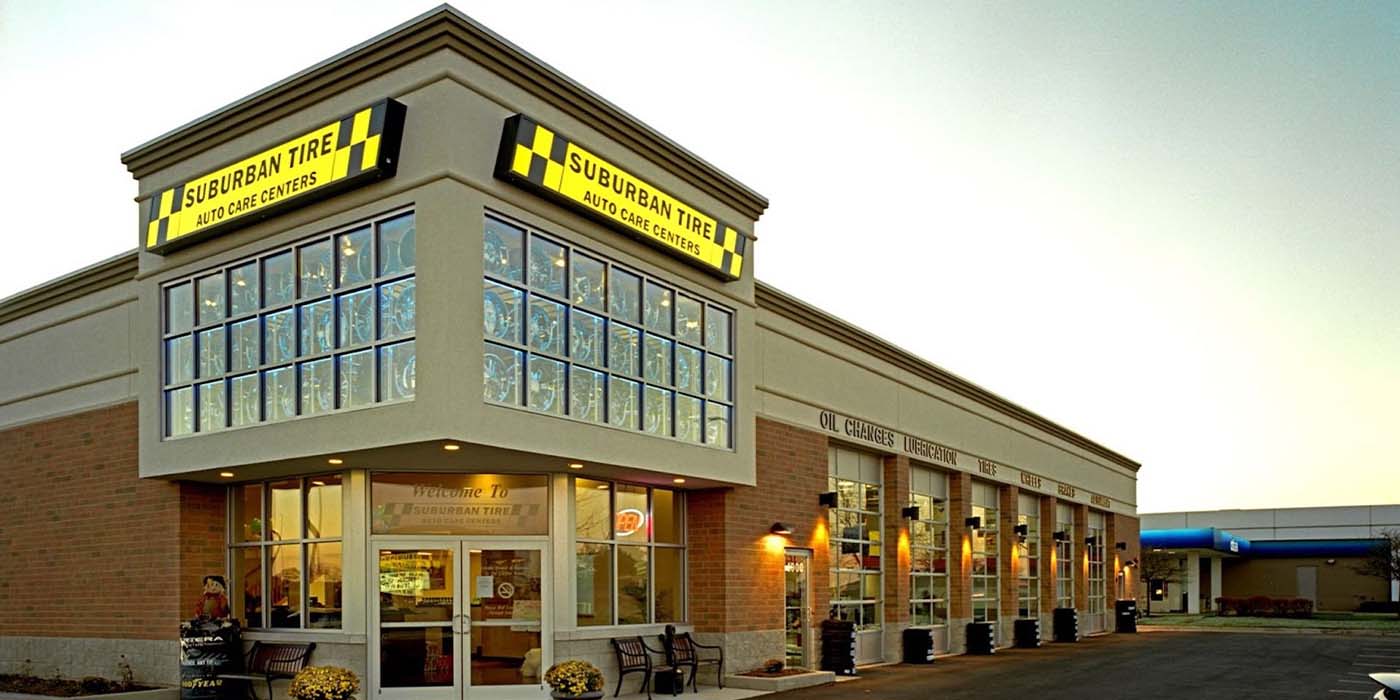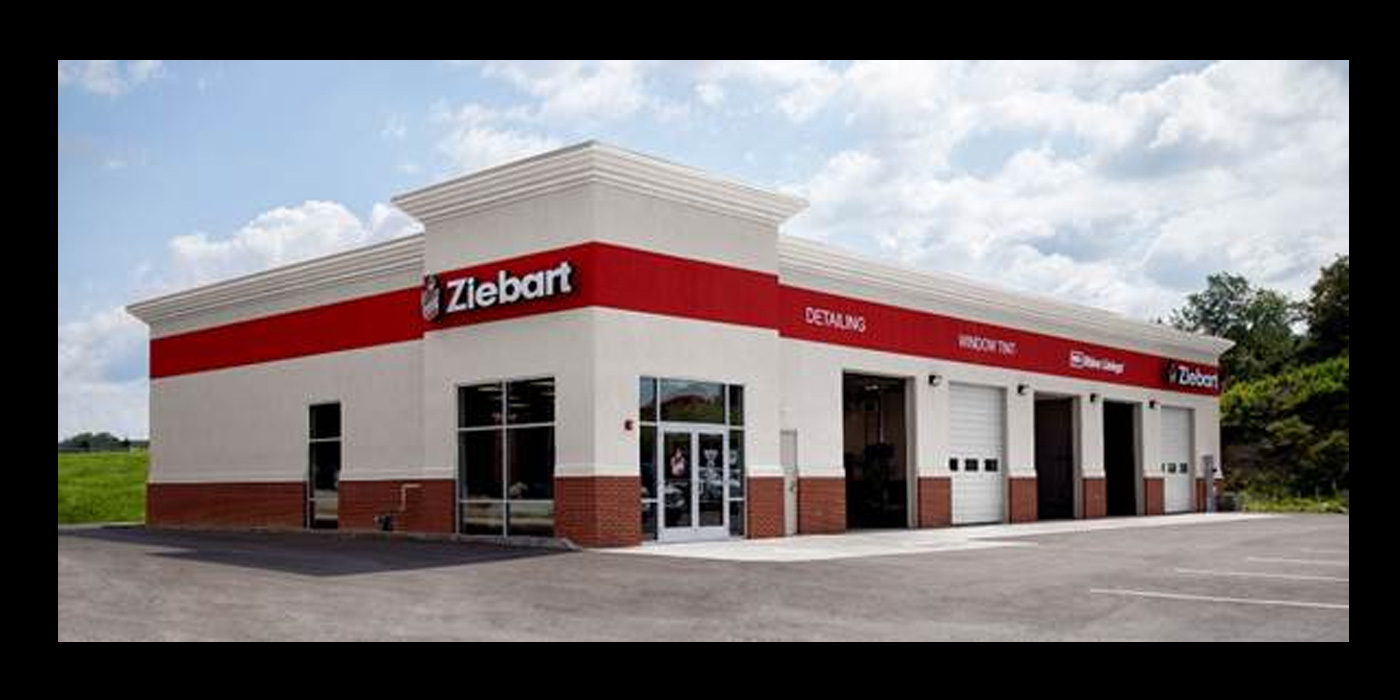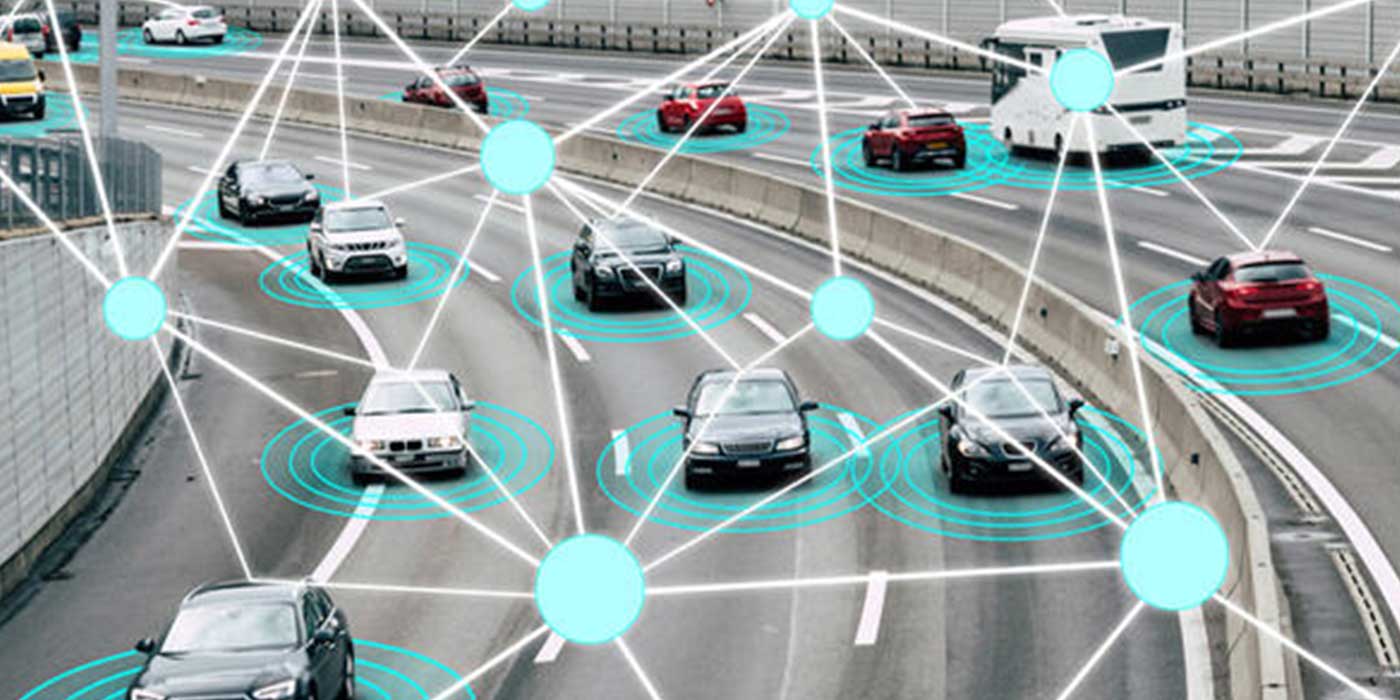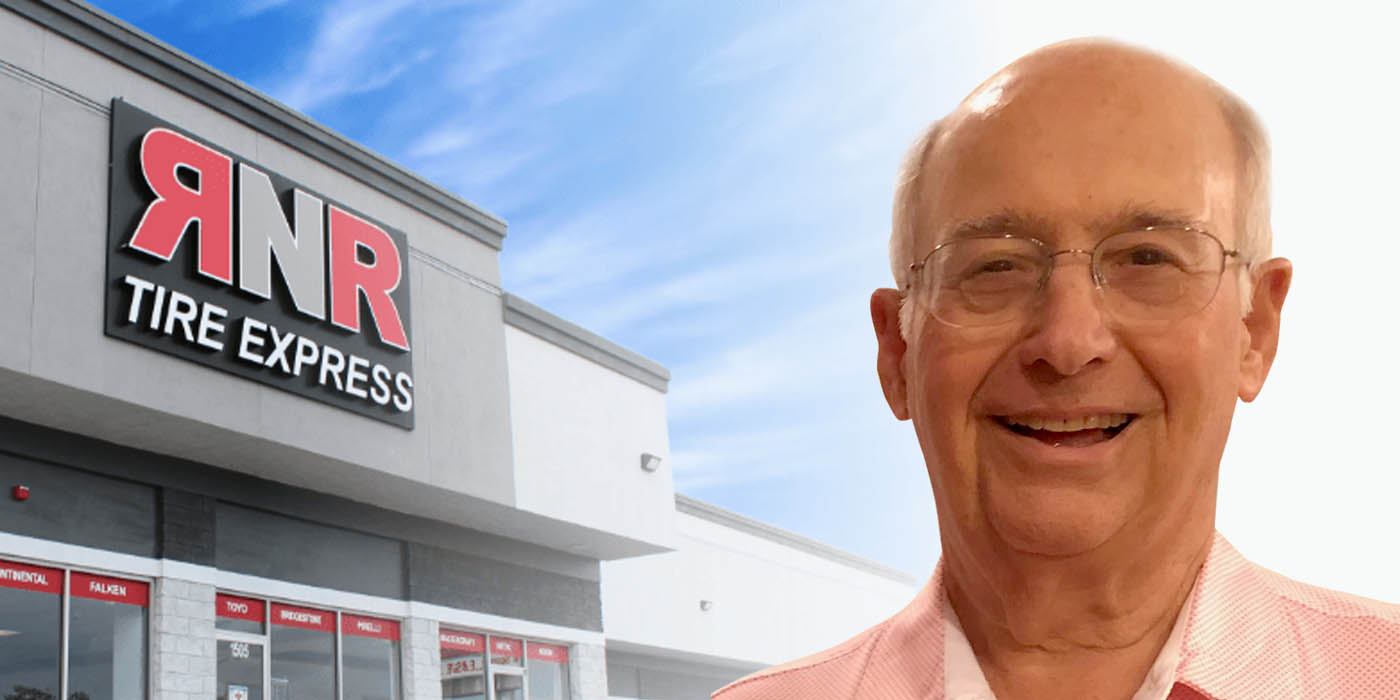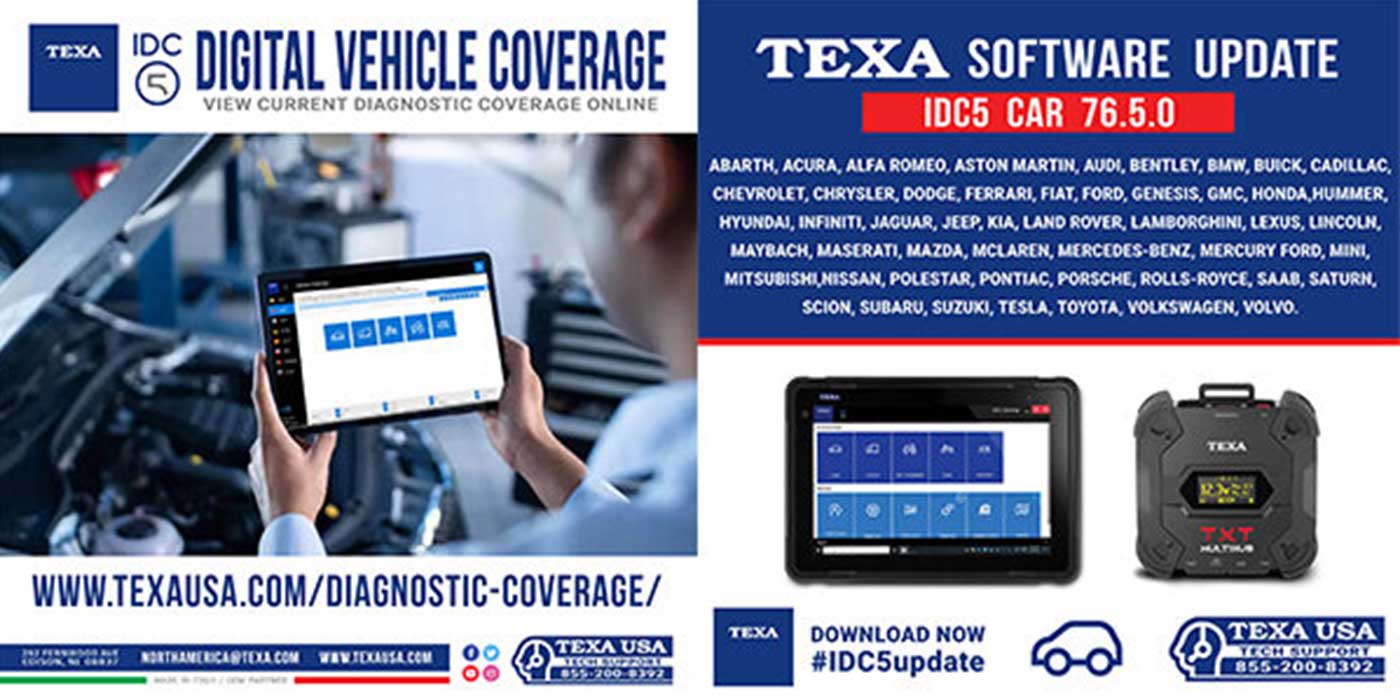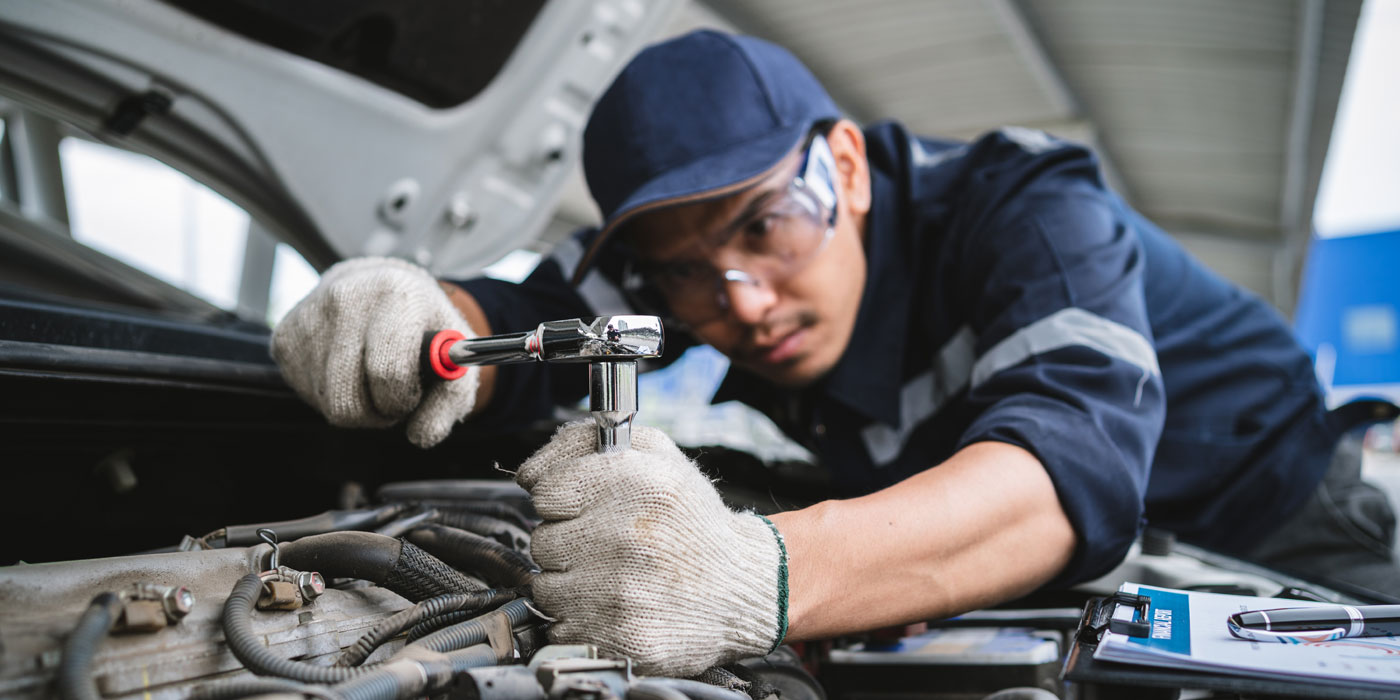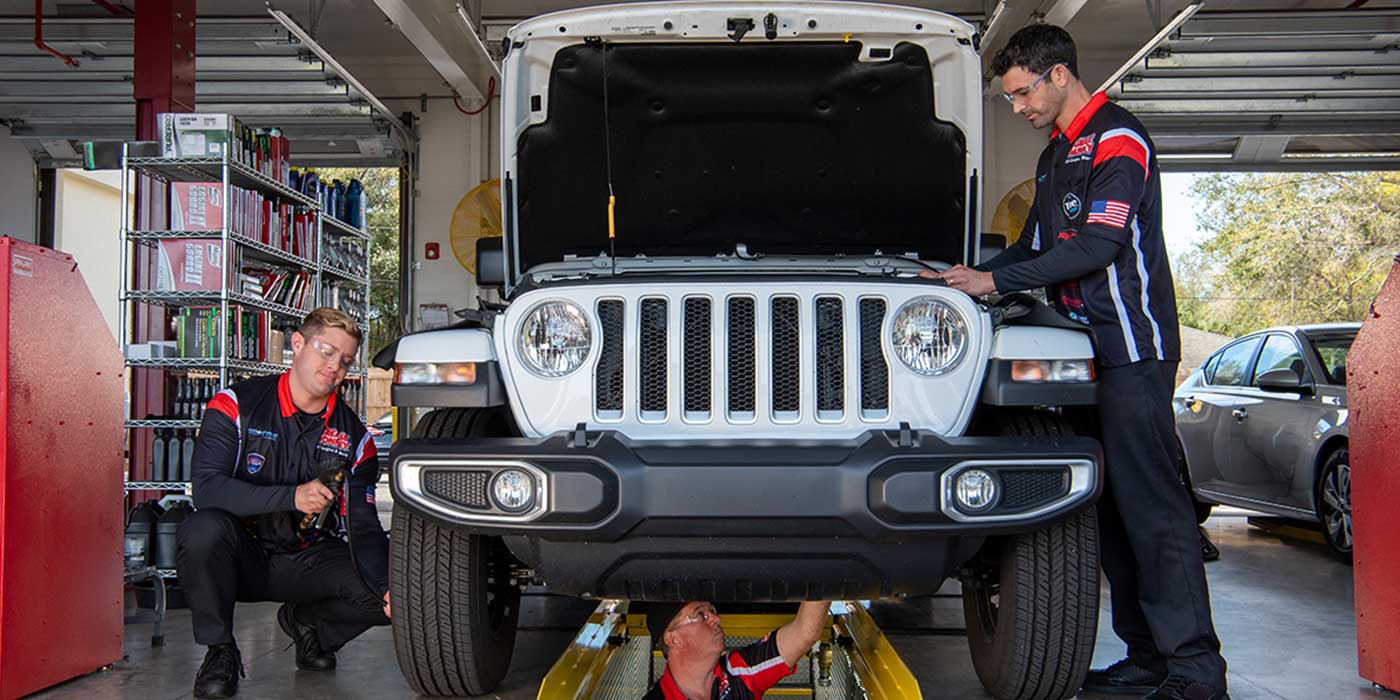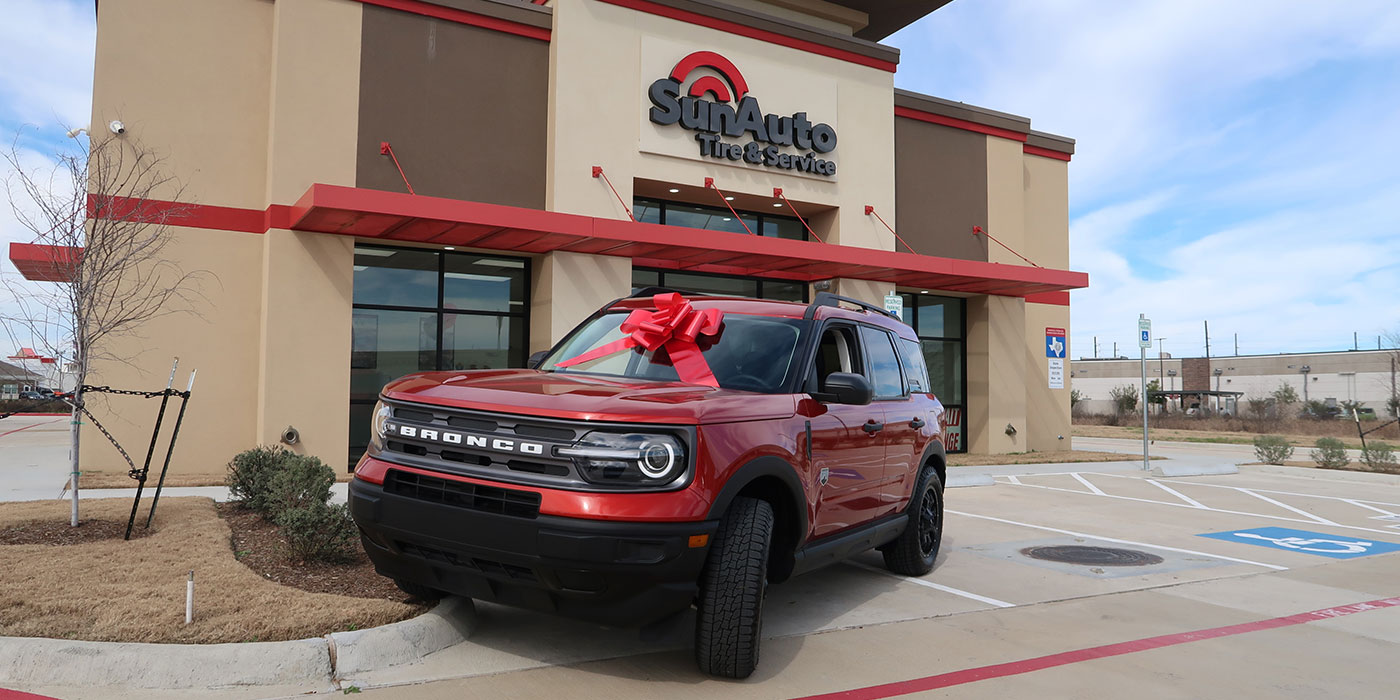
Voyomotive LLC, developers of VOYO, a connected car technology, have announced a new joint initiative with Terbine to curate and make available the advanced vehicle data from the VOYO connected car device from vehicles driven on U.S. roads and highways. This data will initially be made available free of charge to third parties seeking to use it for research purposes.
Modern cars are increasingly equipped with a wide array of sensors that enable them to act as rolling data probes; however, the information collected by vehicles is largely out of reach to third parties. The need for location-based sensor data is critical to evaluating constantly changing driving conditions that affect driver safety and traffic management, but to date, retrieving, aggregating and making available data from large quantities of vehicles has been restricted by proprietary standards used by auto manufacturers. Now that this tremendous amount of information is available through Voyomotive’s VOYO controller, it must be described, indexed, and administered in a manner that is useable for data scientists, engineers, software developers and government administrators. The companies say this is what Terbine’s commercial-grade data curation system is designed to do.
“VOYO is the most advanced telematics controller of its kind that can access and analyze terabytes of vehicle data,” said Peter Yorke, CEO of Voyomotive. “This information is normally used by VOYO apps to increase driver safety, convenience and improve vehicle security and fuel efficiency. We are excited to be working with our partners at Terbine to make VOYO’s vehicle data available for the benefit of researchers, universities and urban planners.”
Terbine is bringing together large quantities of sensor data being generated by the Internet of Things (IoT). With an initial focus on intelligent transportation, Terbine is working with Voyomotive to provide the first wide-scale collection and distribution of car-generated sensor data that will be made freely available to researchers.
“We’re excited about the potential for this VOYO-sourced data in a myriad of important applications,” said Terbine CEO David Knight. “This is the beginning of what will eventually lead to our handling data moving from and to self-driving cars and smart city ecosystems.”
Vehicle data will be collected by VOYO, which plugs into the OBD-II port of any vehicle built since 1996. The data reported by VOYO will be taken from cars driven across the United States and includes a wide range of makes, models and years. All data will be anonymized such that no identifying information on the vehicle, driver or owner is included. Terbine’s cloud-based system will then add a rich metadata layer including the time and location at which it was acquired. The parameters monitored include those related to weather such as barometric pressure, ambient temperature, windshield wiper activation and rain detection sensors. Safety related data monitored includes the activation of ABS, stability and traction control systems, use of headlights/fog lights and changes in steering wheel angle. Terbine will make the aggregated and indexed datasets available via both its web interface (terbine.io) and the Terbine API, which can be used to interface with virtually any analytics system or IoT platform. Bonafide research organizations will be granted access to the datasets at no charge for a limited period.
“Vehicle-generated data will be the enabler for many new applications across a range of industries and efforts such as this pave the way towards the eventuality of fully connected, self-piloting consumer and commercial mobility,” said Kersten Heineke, partner at McKinsey & Co. specializing in the automotive industry. “We forecast that car data monetization at a global scale might exceed $400 billion USD within the next 15 years.”
For more information about Voyomotive and the VOYO connected car device visit voyomotive.com. For more information about Terbine, visit terbine.com.

